Are you a mum and feeling wobbly in all the wrong places? Maybe you’ve tried a new fitness routine or a boot camp or just a few crunches at home. If that didn’t feel good, you’re not sure how to move forward and get stronger. After having a baby there is the 6 week check up from a doctor before you are cleared for exercise. This is an important moment. Unfortunately GP’s often don’t have the time to fully investigate any symptoms and lots of women are cleared for exercise before their postnatal recovery is complete.
What does postnatal recovery mean? That you have your pre-baby body back? No! That you can do 50 sit ups? No! Postnatal recovery means that you regain the basic functions of your body after having a baby. That your breathing is deep and relaxed, that your continence has recovered, that you feel no chronic back and hip or pelvic pain.
What happens during pregnancy?
There are a lot of changes that happen in our bodies during pregnancy.
- Your ribcage spreads flattening your diaphragm and making your breathing more shallow.
- As your baby grows your abdominal stretch and become less efficient , your back starts to take over the hard work.
- Your pelvis relaxes to make way for the weight of the baby and puts pressure down on your pelvic floor muscles, sometimes other muscles have to compensate and start gripping to support the pelvic floor
- The hormone relaxin in your body means that your ligaments will be more relaxed than usual.
These changes are why it is so important to start gently and build strength carefully after having a baby.
The pressure to get your pre baby-body back is very strong. And not very helpful when you are recovering from a hugely traumatic event in your body.
If you didn’t see yourself as a fit, strong person before you had your baby it can feel overwhelming to know where to start with movement and fitness and lets face it, with all the other things on your ’to do list’ it is so easy for taking care of your to be pushed to the bottom of the list.
Why is it important to reconnect with your postnatal body?
- Connection with your body improves your mental health, releasing stress, getting good endorphins flowing and giving you a moment to be present with yourself.
- The Pelvic floor muscles are put under a lot of strain during pregnancy. If you have symptoms such as pressure down into your vagina or incontinence these will not resolve on their own. These symptoms are normal not necessary, they can be resolved and you deserve the care to help your body recover properly.
- Connection with your body helps you keep up with your kids as they grow. Learning how to lift and bend in ways that make you stronger, rather than in ways that cause you pain, gives you the confidence to be a physically active mum.
How to reconnect with your postnatal body
1. Patience:
Be patient this is less about fitness, and more about reconnections and recovery. Be willing for your movements to be precise and small, targeted to your own needs and your own body and you will progress more quickly than if you go big and fast and risk injury and setbacks.
2. Breath:
Focus on your breathing first. Your core muscles are deeply connected to your breathing system. If your breath is shallow or your ribs are stuck this will be an issue for building strength. Be prepared to work with your breath, sometimes this can take some focus. Once your breathing is optimised you will feel great and you will have a stable base to work from.
3. Get Assessed:
If you have symptoms, pelvic pain, incontinence, pressure down into your vagina, get assessed by a pelvic floor physiotherapist. Then you know what you’re dealing with and we can target your recovery. There are so many symptoms that women are left with after childbirth that are normal but not necessary but they won’t go away on their own.
4. Improve Everyday Movement:
The movements that you do everyday matter most for your strength and sense of confidence in your body. How you hold your baby to feed. How you pick up the laundry, how you lift your baby up and down out of the bed or the cot will all influence how your body recovers, how much pain you have and how long it takes to reconnect with your body and feel strong and confident
5. Scar Massage:
If you have had a Caesarean birth then scar care and scar massage is important for full pelvic floor and core recovery. There is not a lot of information on this, but personally I have had amazing results from massaging my scar. I will do another post on this. Basically as soon as your scar has healed up GENTLE pressure, rubbing and massage over your scar will reduce scar tissue forming that can affect your organs and the layers of your deep abdominals.
These steps are all included in the Post -natal program I am developing. For more information on any of these steps sign up for my Post Natal Movement and Pilates group to receive weekly tips on post-natal recovery.

I am Brigid Pearse a certified Pilates instructor, Pregnancy and Post-natal Exercise Specialist, an ex-dancer and a mum. I run a fully equipped Pilates studio from my home in Lennox Head and I run community Pilates mat classes in Byron Bay, Ballina and online.
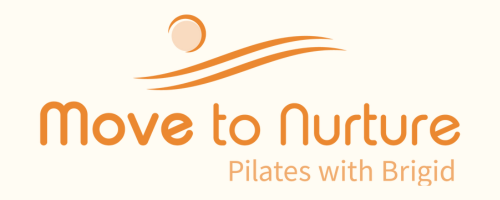
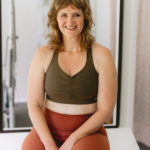
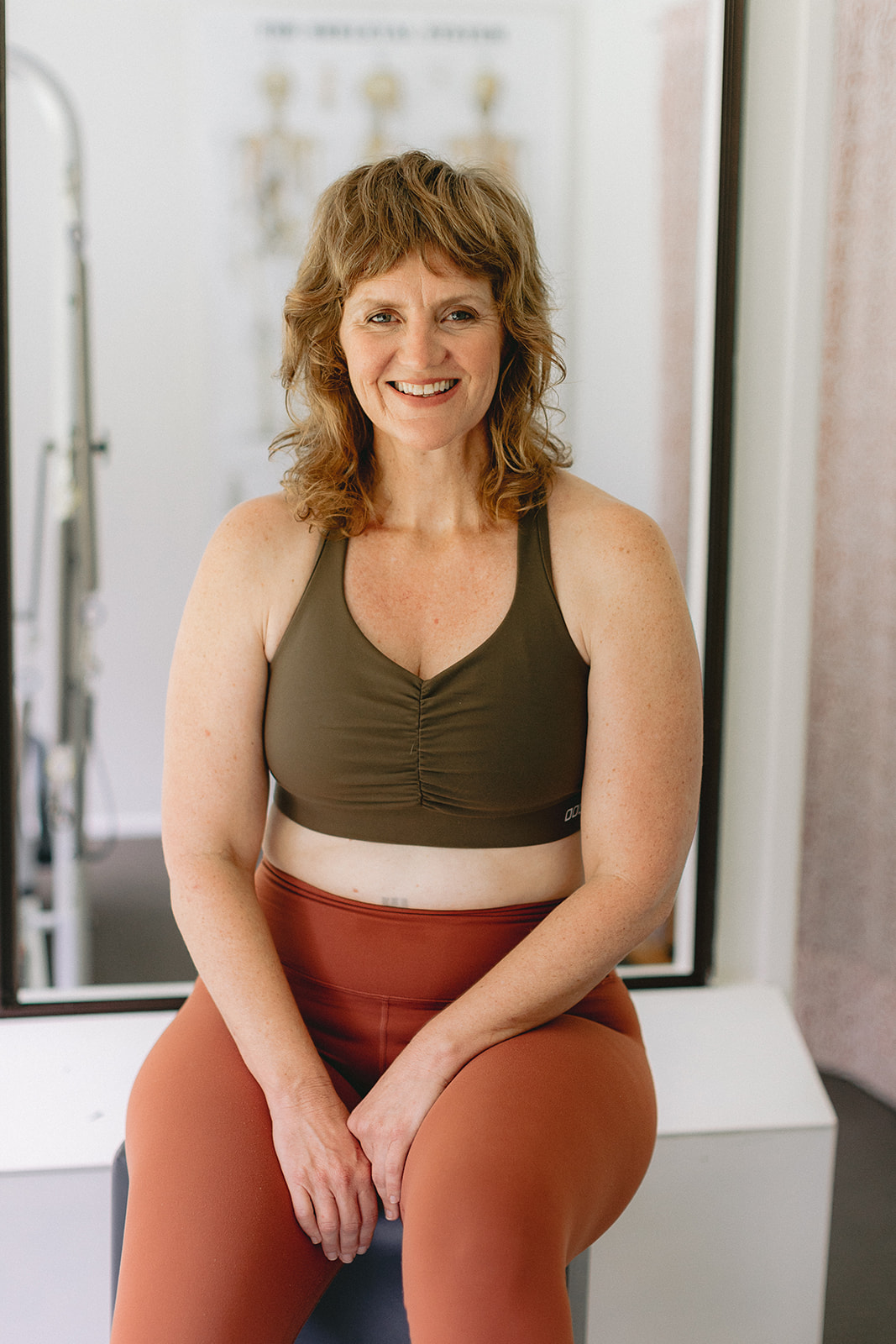
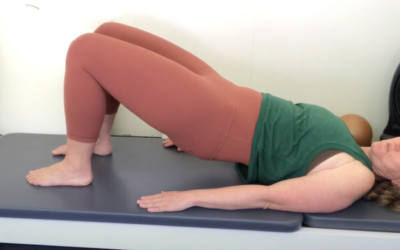
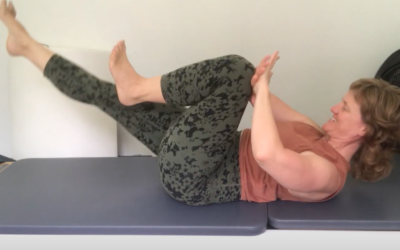
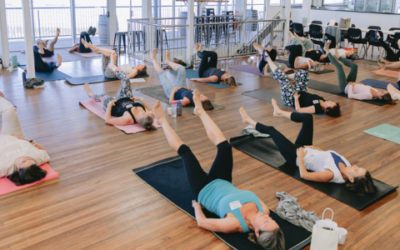
0 Comments